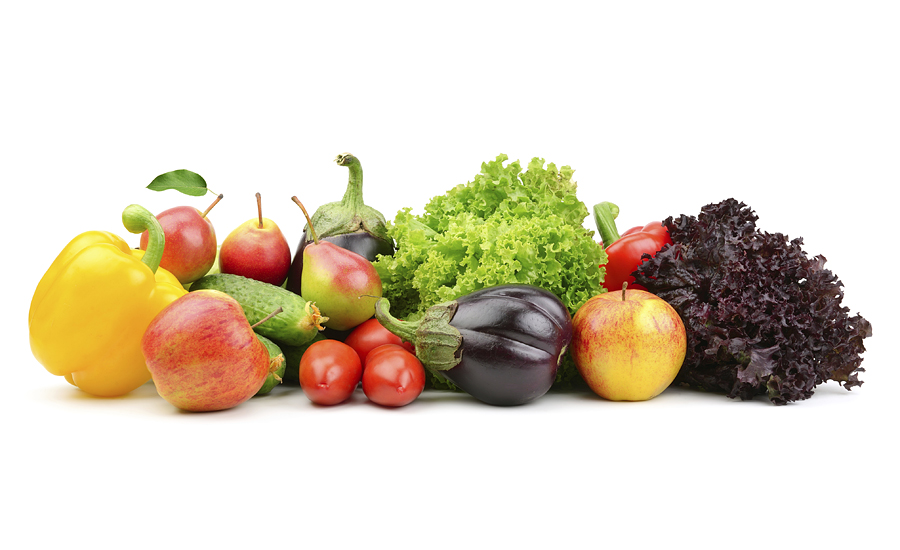Zest Labs, San Jose, Calif., released the results of new research study measuring and comparing the shelf life (or freshness) of produce sold at major grocery chain stores across the United States. The research found that the freshness of produce – specifically strawberries, romaine lettuce and packaged salad mixes – varied significantly from store to store as well as within each individual store.
The study, performed from February-May, was based on random samples of strawberry clamshells, hearts of romaine lettuce and packaged salad mixes purchased throughout the research period from eight major U.S. grocery store chains.
Key findings from the research included:
- Roughly half of the sample produce (49% of romaine hearts, 58% of strawberries and 54% of packaged salad mixes) spoiled prematurely, based on target shelf life of the days.
- Shelf-life variation of produce within individual stores varied dramatically by as much as 21 days for romaine, 12 days for strawberries and 9 days for packaged salad mixes.
“Most grocery stores assume that the produce they are receiving has uniform freshness or shelf life, but the data shows there is significant variation in freshness both between stores in a region and within the individual stores themselves,” says Peter Mehring, chief executive officer. “This shelf-life variability leads to dissatisfied customers who purchase produce that spoils before they can consume it, and as a result, may take their business elsewhere to find fresher, more consistent quality produce.”


